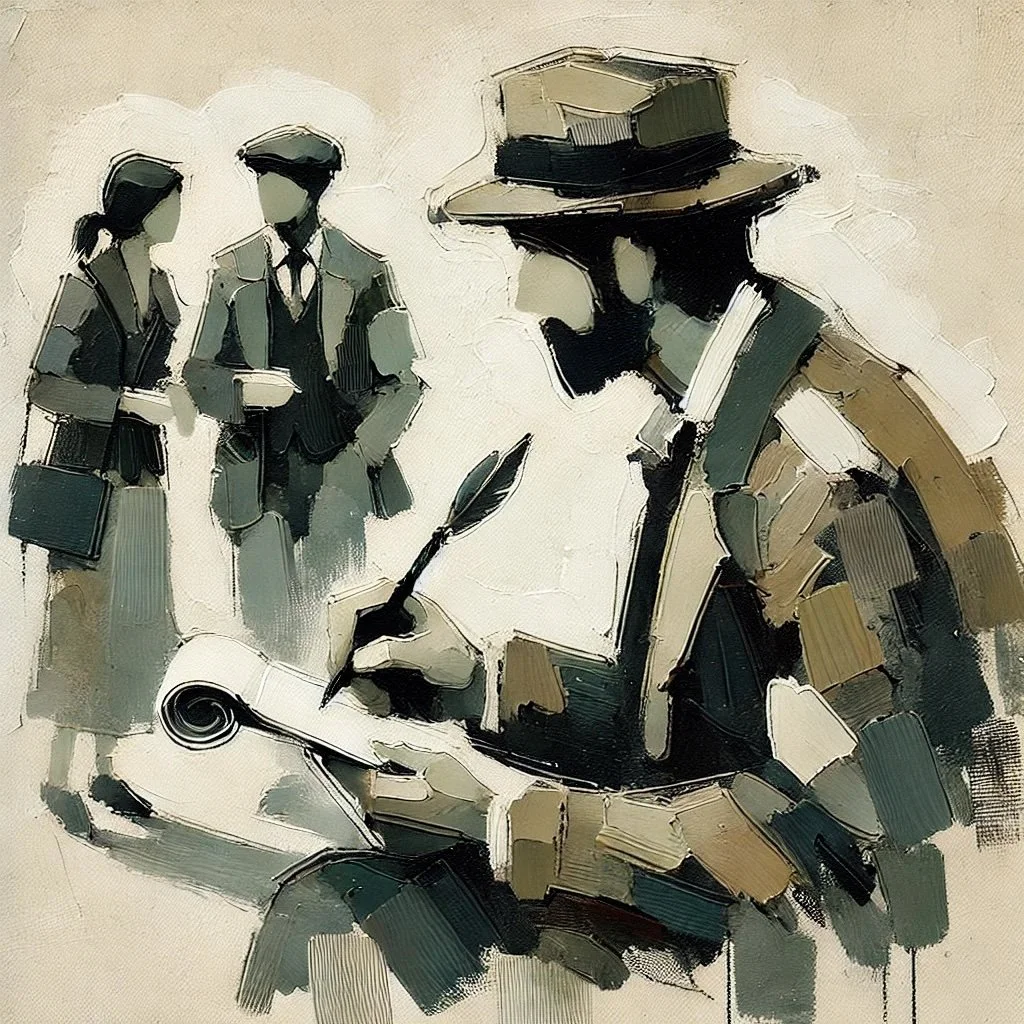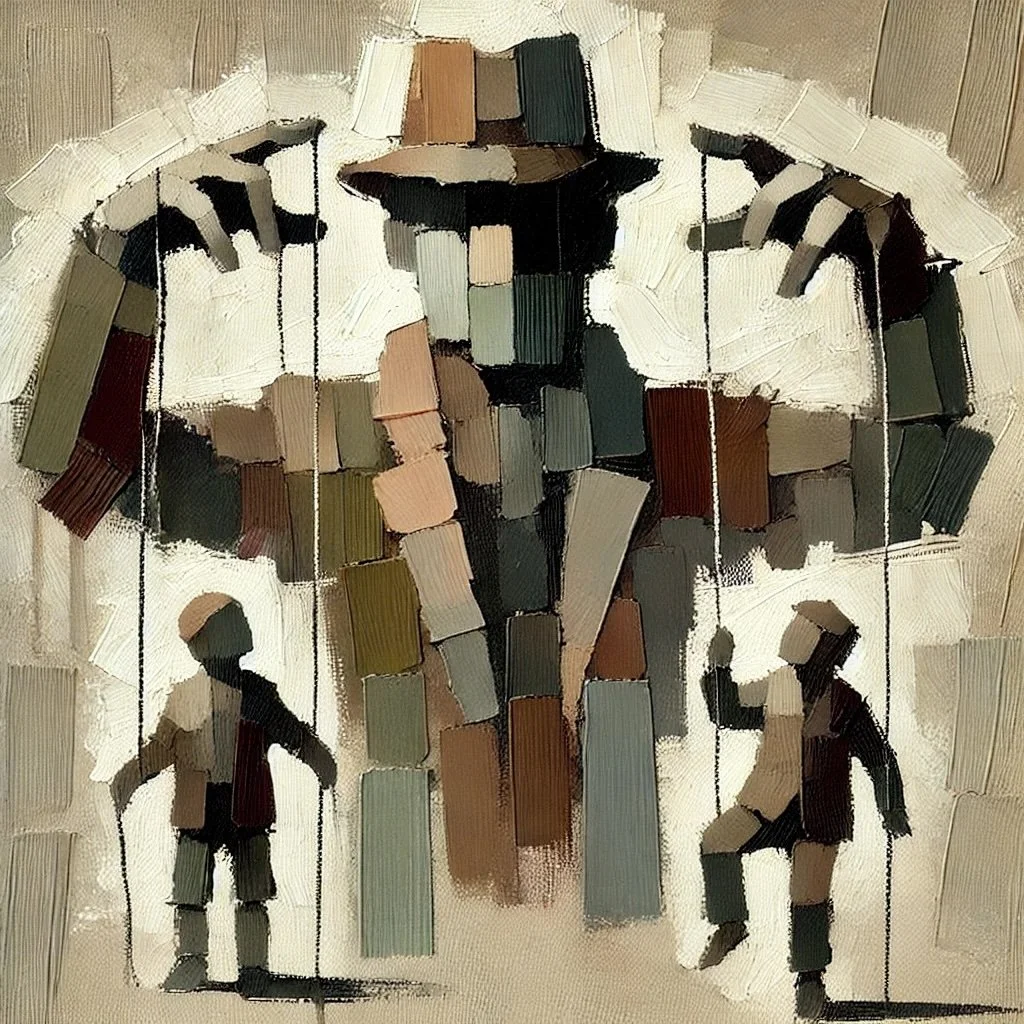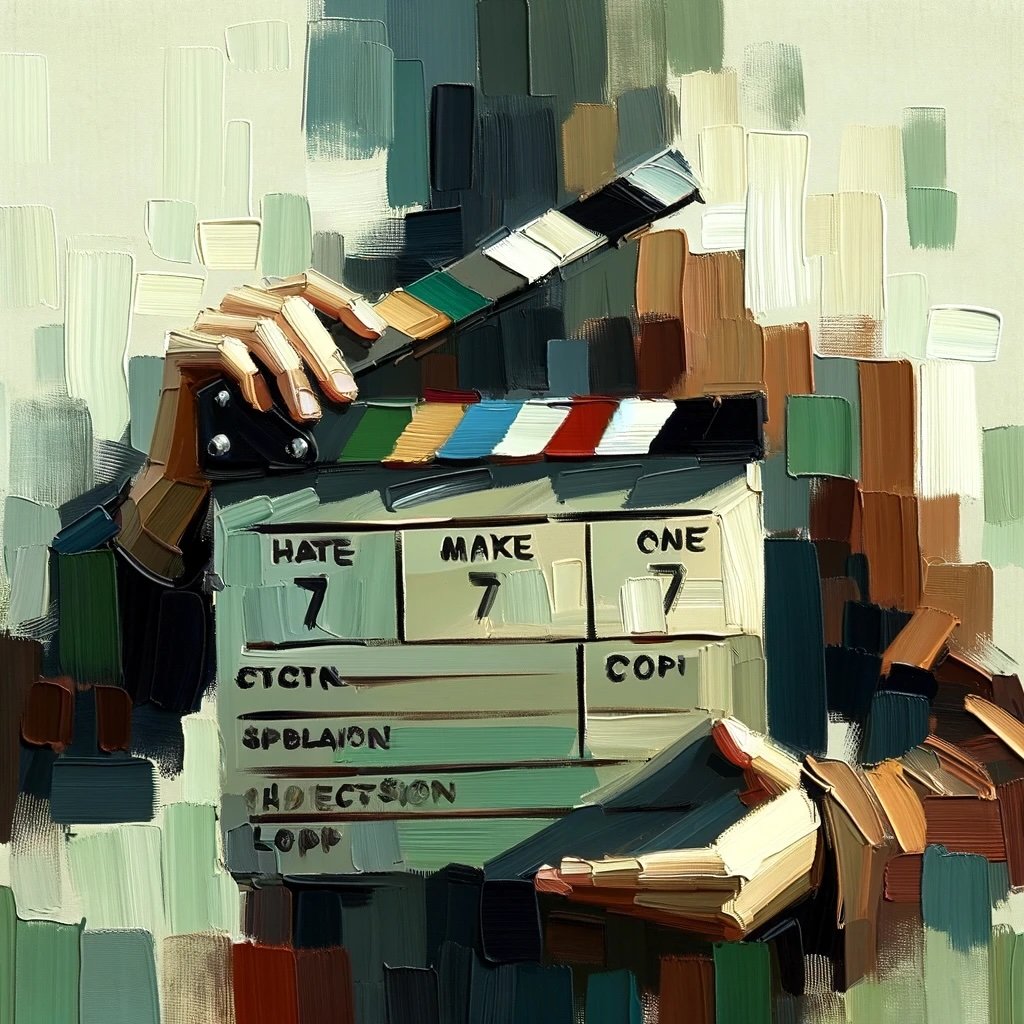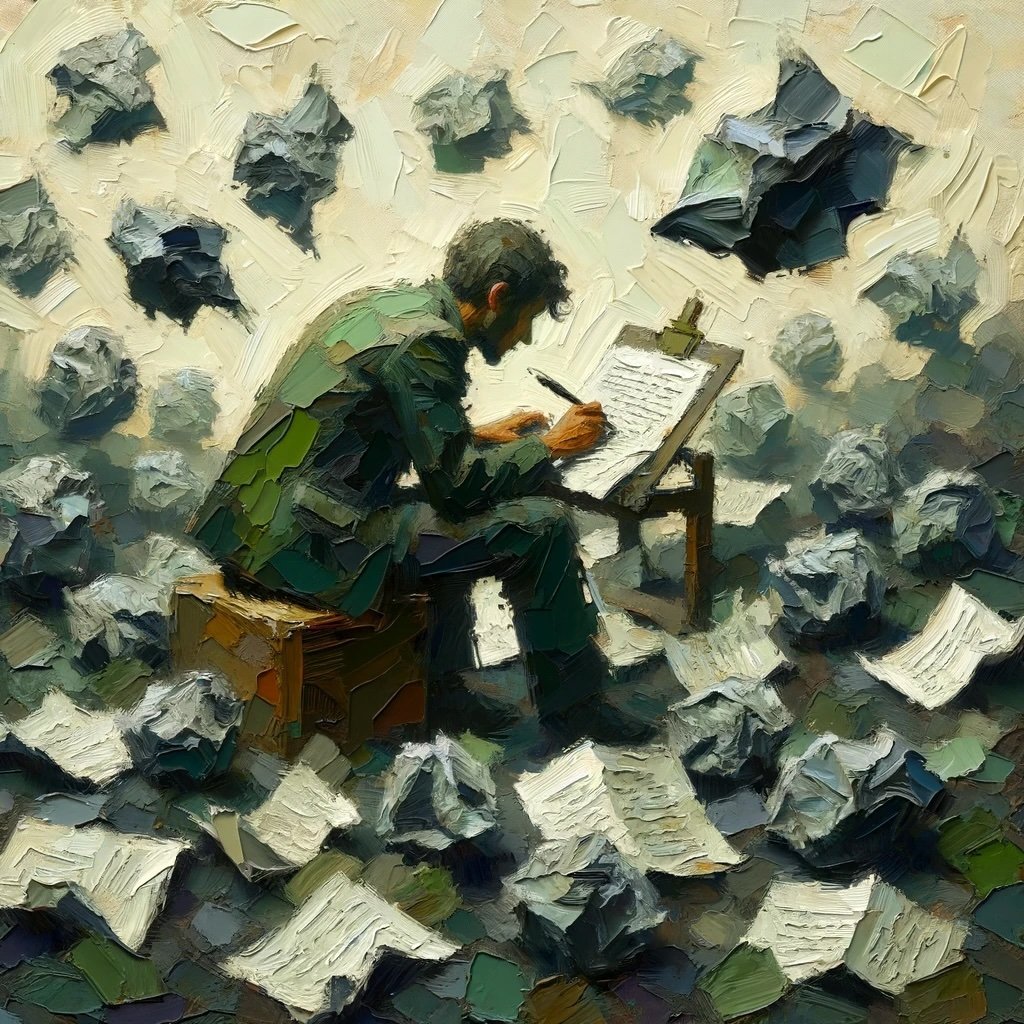
Welcome to our informational blog.
Topics covered include literary theory and practice, academic writing techniques, philosophy of education, and explanations of our methods for enhancing creative intelligence.
Paris in Fiction: Romantic, Gritty, and Timeless
Paris is more than just a backdrop; it is a central character, one that continues to shape and inform the narratives of those who write within and about it. An author seeking to explore a city like Paris as a central setting can benefit greatly from the guidance of a creative writing consultant.
Neologisms in Literature: From Shakespeare to Atwood
From William Shakespeare to George Orwell, authors have long used neologisms to add depth, clarity, and imagination to their works. In this blog post, we explore how manuscript consultations with a creative writing consultant can assist authors in coining effective neologisms, ensuring that their language is both innovative and accessible.
Epiphanic Storytelling: Structuring Revelations for Narrative Impact
Creating an epiphanic story structure can be a complex endeavor, as it requires a deep understanding of character psychology, narrative pacing, and thematic development. A book writing coach provides tailored guidance that helps authors develop moments of insight in a way that feels authentic and powerful within the broader context of the story.
Improving Investigative Journalism: Consultant Contributions to Structure and Style
Investigative reporting requires careful research, source cultivation, and adherence to ethical principles. Techniques such as using public records, conducting in-depth interviews, and employing data analysis are key to uncovering and verifying information. In addition, a freelance writing consultant can be a valuable resource for a journalist working in this field. Their expertise can help refine the journalist's writing, improve clarity, and ensure that the content is both compelling and accurate.
Cosmic Horror and Indirect Revelation
Cosmic horror is a genre that emphasizes existential fear, the unknown, and humanity’s insignificance in the face of a vast, indifferent cosmos. A creative writing consultant can provide valuable guidance to an author by helping them understand and effectively apply the techniques of indirect revelation, such as unreliable narrators, found artifacts, and other subtle storytelling methods.
Natural Speech: A Guide to Authentic Dialogue
Writers must balance naturalism with narrative needs, create distinct voices for their characters, and ensure emotional and contextual accuracy. A manuscript consultation with a freelance writing consultant can be highly beneficial for novelists seeking to address challenges related to crafting believable dialogue.
Metafiction: Experimental Narratives with a Creative Writing Consultant
A creative writing consultant can provide invaluable assistance to a novelist looking to explore metafictional elements in their work. This begins by introducing the novelist to the theoretical underpinnings of this genre.
Mastering Narrative Time: Essential Techniques for Fiction Writers
A creative writing consultant can be instrumental in helping a writer manage narrative time effectively, ensuring that the pacing enhances the overall impact of the story.
Unraveling the Puzzle: Writing Consultants' Impact on Mystery Novels
Mystery fiction is a genre defined by its intellectual challenges and strategic narrative techniques. Authors must skillfully balance ambiguity and clarity, using foreshadowing, misdirection, and red herrings to keep readers engaged and the plot intriguing. Writing consulting services with a freelance creative writing consultant can offer invaluable assistance to novelists as they navigate these challenges.
Crafting Cohesive Collections: Interrelated Short Stories
Writing consulting services with a creative writing consultant can provide invaluable support to authors facing the challenges of crafting a book of interrelated short stories. These consultants offer expertise, guidance, and a fresh perspective, helping authors refine their work and achieve their creative goals.
Personification: Insights from a Children's Book Editor
As society evolves, so too does the application of personification in literature, reflecting changing values and the growing awareness of young audiences. A children's book editor plays a crucial role in refining the author’s use of personification to achieve its intended effect on young readers.
The Anatomy of a Logline: Insights from Screenplay Editors
A screenplay editor plays a pivotal role in helping screenwriters refine and perfect their loglines, which are crucial for capturing the interest of producers, agents, and audiences.
First Impressions: Crafting the Perfect Novel Opening
Mastering the art of the novel opening is essential for writers striving to captivate their audience from the outset. Fiction writing coaches and literary fiction editors offer critical insights into this process through manuscript consultations.
From Godard to Tarantino: The French New Wave’s Impact on Screenwriting
The French New Wave’s principles of narrative fluidity, character complexity, and aesthetic innovation have had a profound impact on today’s screenwriters and directors. By dissecting these principles, screenplay coaches can harness these techniques to transform how screenwriters develop their scripts, offering tools that promote personal expression and challenge conventional storytelling norms.
Discovering Your Academic Niche: Techniques for Effective Dissertation Brainstorming
This article delves into two foundational techniques—free-writing and mind-mapping—that serve as powerful tools for initial brainstorming, helping writers to navigate the vast sea of their thoughts and crystallize them into coherent, researchable ideas. Furthermore, it explores the pivotal role of dissertation coaching in not only guiding writers through these brainstorming techniques but also in transforming the solitary venture of dissertation planning into a structured, supported journey.
The Art of Revision: Transforming Your First Draft
The process that unfolds post-first draft is both rigorous and rewarding, encompassing a series of deliberate and thoughtful steps aimed at elevating the manuscript to its highest potential. The role of professional editing emerges as a cornerstone in this journey, offering not just a keen eye for grammatical precision but a deep dive into the structural and thematic elements that define the narrative’s core.
Writing History: A Guide to Crafting Historical Fiction
Writers and historical fiction editors forge works of fiction that stand as vivid portals to the past, offering insights into the lives of those who walked before us and reflecting the universal themes that continue to shape our world today.
Essentials of Children's Literature: The Role of a Children’s Book Editor
Writing for children requires a delicate balance of simplicity and depth. The narrative and characters need to be engaging and relatable, conveying messages in a manner that is both entertaining and educational. A children’s book editor plays a critical role in refining a manuscript, ensuring it resonates with its intended audience while maintaining its educational and entertainment value.
Working Well With Editors: Fiction vs. Creative Nonfiction vs. Poetry
This article delves into the unique “ins and outs” of collaborating with novel editors, creative nonfiction editors, and poetry editors, offering you insights into how best to approach your work with each type of professional.
Understanding the Pricing Models of Online Editors
Whether for books, articles, academic papers, or business documents, freelance editors help authors refine their work. Their pricing models and rates can vary widely based on several factors, including the type of editing required, the editor's experience, and the project's complexity.





















